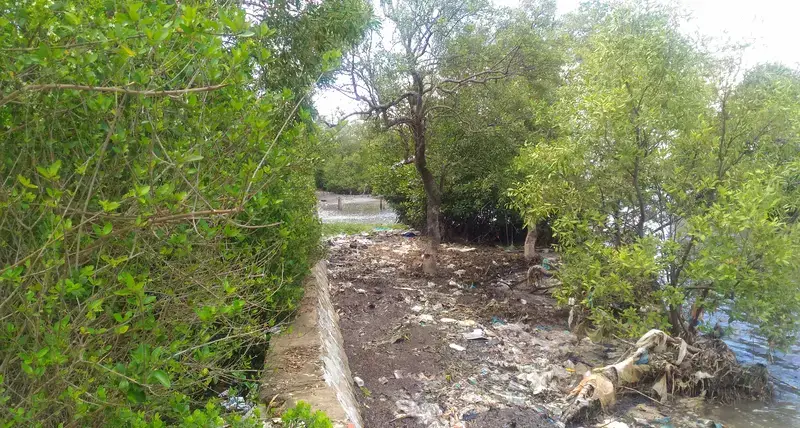Overview
UN-Habitat’s Cities and Climate Change Initiative (CCCI) is the Agency’s flagship Initiative supporting cities in emerging and developing countries to address the climate challenge. The Initiative supports cities responding to the negative impact of climate change that is already being felt worldwide, and to put in place appropriate mitigation measures. CCCI places emphasis on participatory processes, sound analysis, sustainable urban planning, good governance, responsive leadership, and practical initiatives at all levels.
UN-Habitat’s portfolio of climate-related projects has yielded the following impacts:
- CCCI has supported numerous cities worldwide with assessing their vulnerabilities to climate change or compiling inventories of their greenhouse gas emissions. These analyses have helped inform decision-making and development of statutory plans, or led to stand-alone climate change strategies and projects.
- In Port Vila, Vanuatu, government officials used the CCCI climate change vulnerability assessment to develop early recovery actions after Typhoon Pam (March 2015).
- Based on city-level assessments of climate vulnerability or emissions, to date UN-Habitat has supported over twenty-five cities worldwide to elaborate a climate change strategy or climate action plan in order to provide for effective and well sequenced follow-on action, e.g., building the climate-resilience of the most vulnerable communities.
- In Mozambique, CCCI pioneered the concept of ‘living with’ natural hazards, and supported several cities and communities in Mozambique to construct innovative low-cost social facilities that act as climate-proof shelters during times of severe weather.
- CCCI promoted urban and peri-urban agriculture in three cities in Burkina Faso, Nepal, and Sri Lanka to improve climate resilience and food security, support environmental protection, reduce greenhouse gas emissions, and support livelihoods.
- At the national level, UN-Habitat has advised several countries including Sri Lanka, Fiji, and Nepal on addressing urban issues and empowering local authorities in their National Climate Change Policies. UN-Habitat supported the Government of the Philippines to operationalize local government aspects of its ground-breaking Climate Change Act of 2009. Likewise, UN-Habitat advised on strengthening the urban and local government aspects of Myanmar’s Intended National Determined Contribution.
- With support from AusAID, the Caribbean Community and OECS, UN-Habitat has actively promoted strategies for future urban resilience to climate change, and human settlements and land development, as key topics for small island developing States. This led to inclusion of both topics in the outcome document of the third International Conference on Small Island Developing States, in Samoa (2014).
- UN-Habitat makes a conscious effort to capture and publish the findings from its city-level work on climate change. This has resulted in more than 40 references to publications by UN-Habitat staff members in the urban adaptation chapter of the IPCC’s Fifth Assessment Report (2014) – a high-level knowledge impact.
- UN-Habitat was a founding member of the Compact of Mayors, through which to date more than 500 mayors have committed to climate action. Likewise, together with 45 endorsing partners, at COP-21 in Paris UN-Habitat launched its Guiding Principles for City Climate Action Planning – a normative document developed via a robust multi-stakeholder process currently being applied in several cities.
Related Sustainable Development Goals
Related Sustainable Development Goals
Our Experts
Bernhard Barth
Human Settlements Officer
Regional Office for Asia and the Pacific



